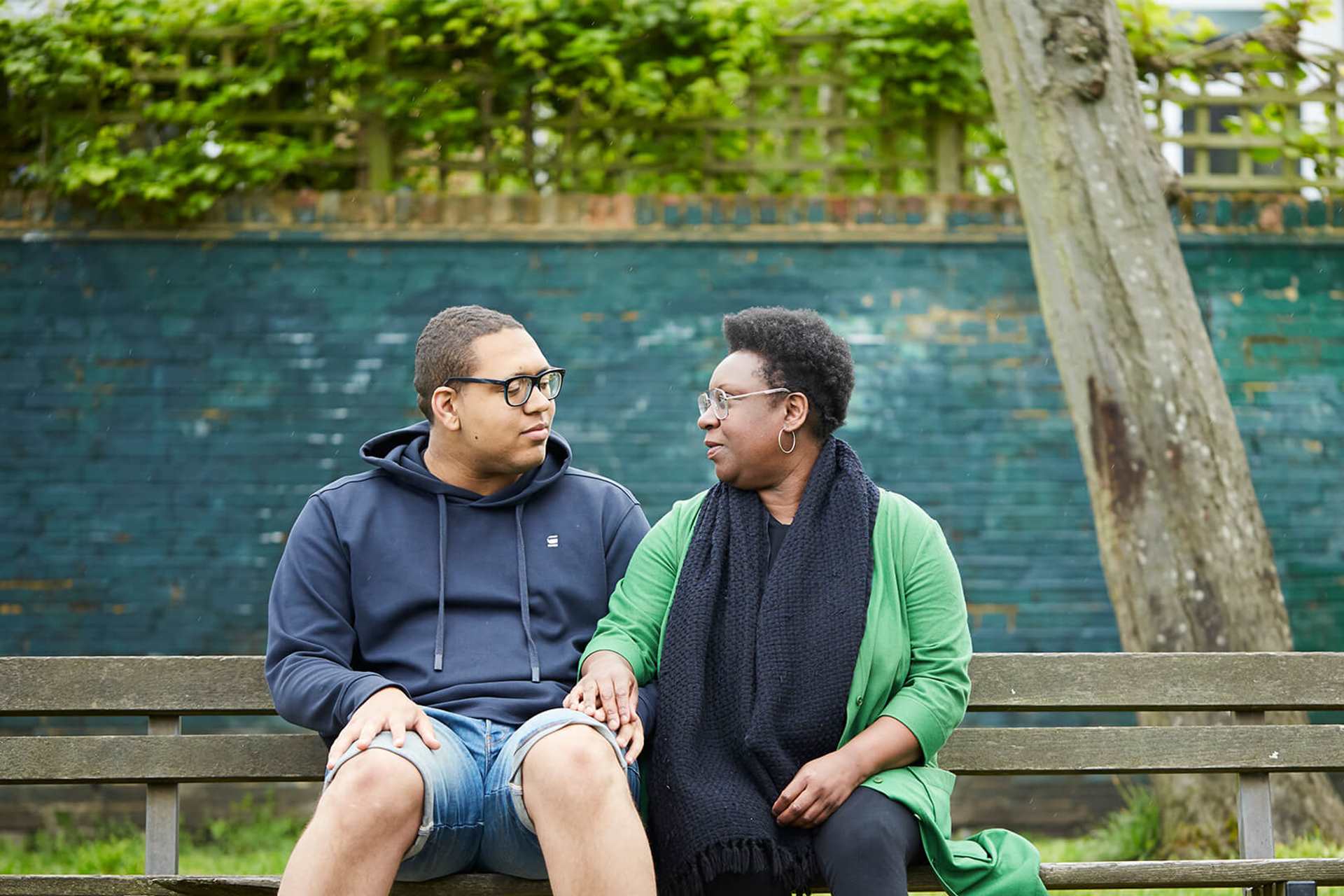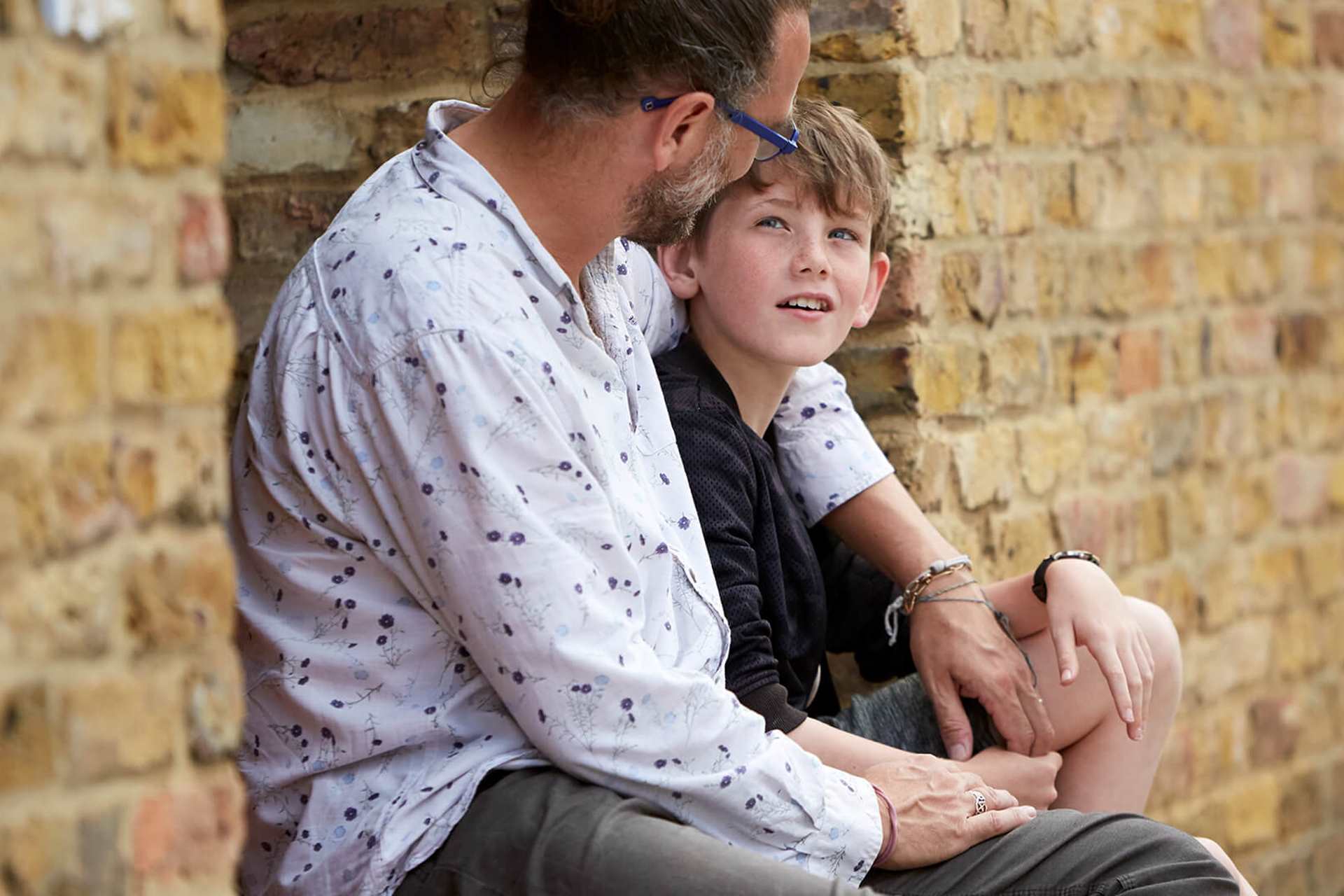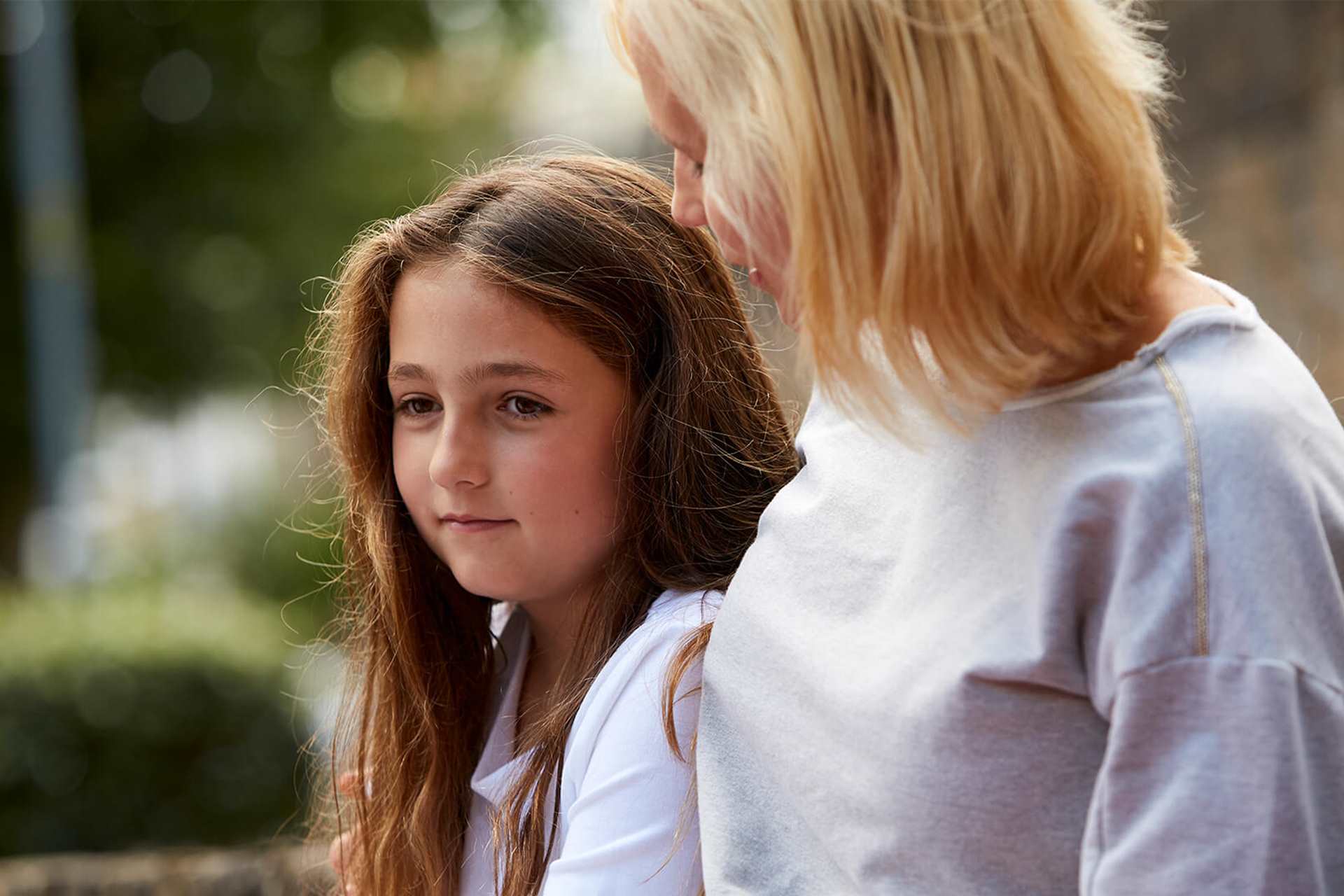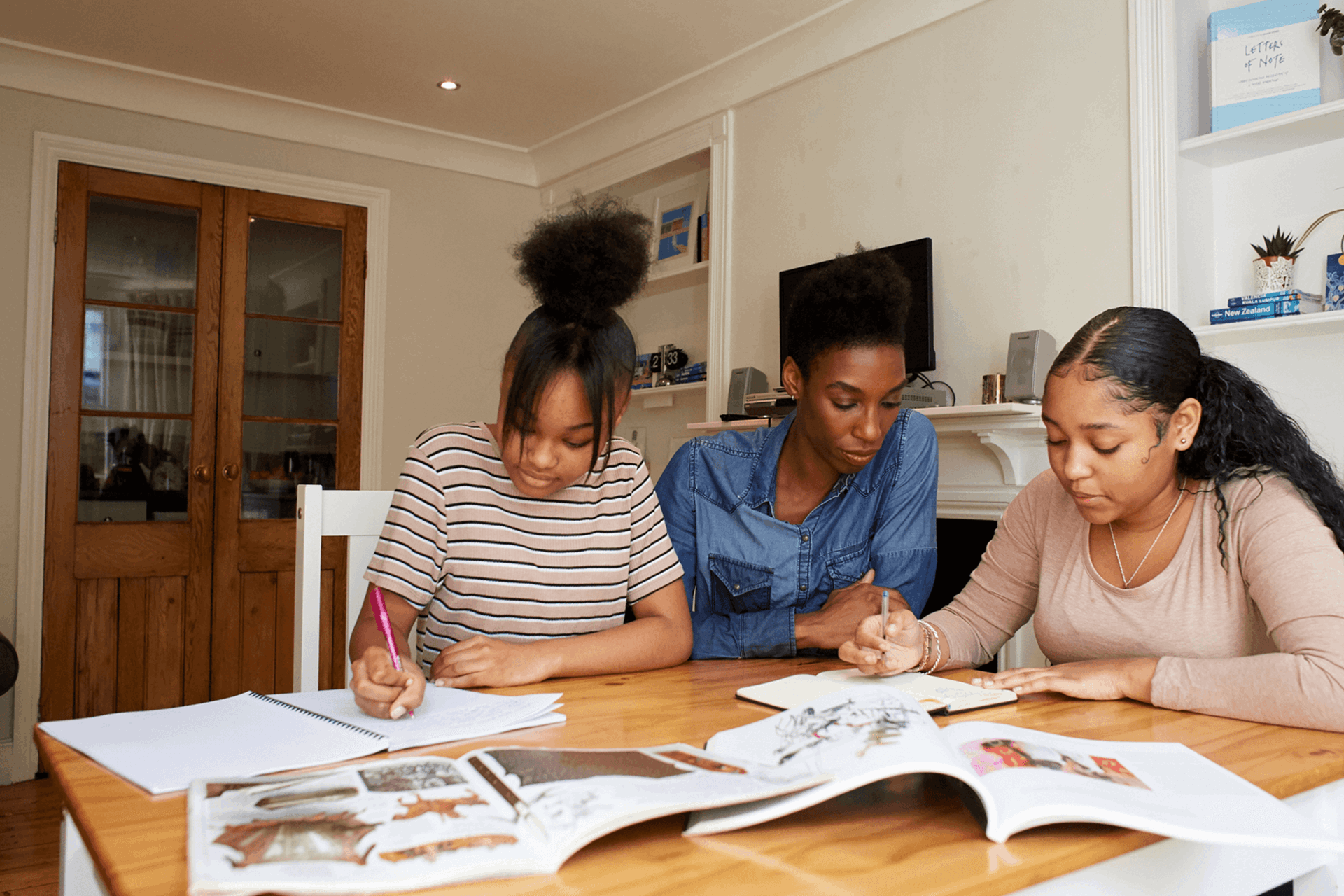Topics mentioned: Christmas, anxiety, how to talk to your child about mental health, looking after yourself as a parent
Gifts, gingerbread houses, advent calendars and chocolate. Trips to see Santa, trips to see his ‘elves’, ice skating, movies and more chocolate - the stuff of Christmas that children so often love.
But for some children, the festive period can be a time that makes them anxious.
For all the fun and festivities they bring, the holidays also represent a break in routine, which can have an effect on a child’s emotional stability. Some children will struggle with the lack of structure that comes with not going to school, not getting up or going to bed early, and not having a clear sense of what each day will involve. Autistic children are particularly likely to struggle with a change in routine and are likely to experience higher levels of anxiety during this time.
On top of this, many families will spend more time together over the festive period. No family is perfect and family tensions, even seemingly small ones, have a tendency to surface during long periods of time together during the holidays. Children are often acutely aware of adult tensions and some may feel anxious about what will happen over the festive period, but may not articulate this worry to parents or friends.
For all the fun and festivities they bring, the holidays also represent a break in routine, which can have an effect on a child’s emotional stability.
If you think the holidays might be a difficult time for your child, below are some tips for how you can alleviate the pressure and support their wellbeing.
1. Check in with your child
Talk to your child and identify what they look forward to the most about Christmas. Find out if there’s anything they are worried about or would like to do differently this year. We know that talking to your child about how they’re feeling can be hard. So in the lead-up to the holidays, you could take 20 minutes with your child to do an activity you’ll both enjoy. This can create a relaxed space to start that conversation.
Check out our list of conversation starters and activities for starting a conversation with your child.
2. Plan ahead
Plan to spend time together, but - crucially - plan for each of you to have time to yourselves, whether that’s through separate activities or having some unstructured down time.
For children whose parents are separated, they may worry about split loyalties and may feel very anxious if asked to make a decision about which parent to spend Christmas day with. It is often really helpful for the adults concerned to make a joint decision together, relay the decision and then work on how to make those plans work for everyone.
If you are planning to spend time with extended family, check out how your child feels about this.
3. Discuss plans for time with extended family
If you are planning to spend time with extended family, check out how your child feels about this. Think about how you can make this time the least stressful together – that could be by agreeing minimum lengths of time or where your visits and meet-ups take place.
4. Understand their needs
It can be hard, but understanding what each of you in the family needs is crucial to reducing stress and the risk of family arguments. Do some need more sleep than others? More space and time alone?
Understanding what matters to each individual in the family, and then planning ahead, is the key to reducing anxiety.
Understanding what matters to each individual in the family, and then planning ahead, is the key to reducing anxiety.
5. Get out of the house
Make sure everyone gets out of the house regularly, even if it’s for a brisk walk around the block. During the holidays, the sense of cabin fever and everyone being stuck indoors for a few days can cause tensions to rise.
6. Be aware of what your child picks up on
As parents, many of us place pressure on ourselves to make the festive period a magical time for our child. This can often come at a hefty cost, and the financial pressure of Christmas can be overwhelming. If this is something you are worried about, try to keep these conversations private and away from your child so that they don’t pick up on anxieties that adults may be experiencing.
It’s also important to remember that the cost of a gift is not what matters, but making family time count is what it’s all about.
Looking after your child this Christmas also means looking after yourself too!
7. Look after your health
This time of year can be a time of overindulgence: lots of food, lots of late nights, lots of sugary treats. Try and get your children involved with cooking some healthy meals, or planning some more active days to bring a bit of balance to the holidays.
Looking after your child this Christmas also means looking after yourself too! Ensure you are getting time to rest and time to talk about how you’re doing.
8. Do what's best for you
At this time of year, there’s a lot of talk about the ‘perfect Christmas’. But when it comes down to it, you know your child the best. Make decisions that suit you, even if this means doing things differently. That way you’ll have a Christmas that’s perfect for you and your family.
More information and advice
Whatever you're dealing with, you are not alone. Here are some services that can support you and your child.
-
Anxiety UK
Provides information, support and advice for anyone struggling with anxiety. Please note that this organisation offers paid-for services, including therapy and an advice line.
- Opening times:
- 10.30am-4.30pm, Monday-Friday
-
Family Line
Provides information and support around family issues, as well as longer-term help through Befrienders and Counsellors.
- Opening times:
- 9am - 9pm, Monday - Friday
-
Youth Access
Provides information about local counselling and advice services for young people aged 11-25.
Put in your location and what you need help with into their 'Find help' search, and see what services are available in your area.
Spread the word






